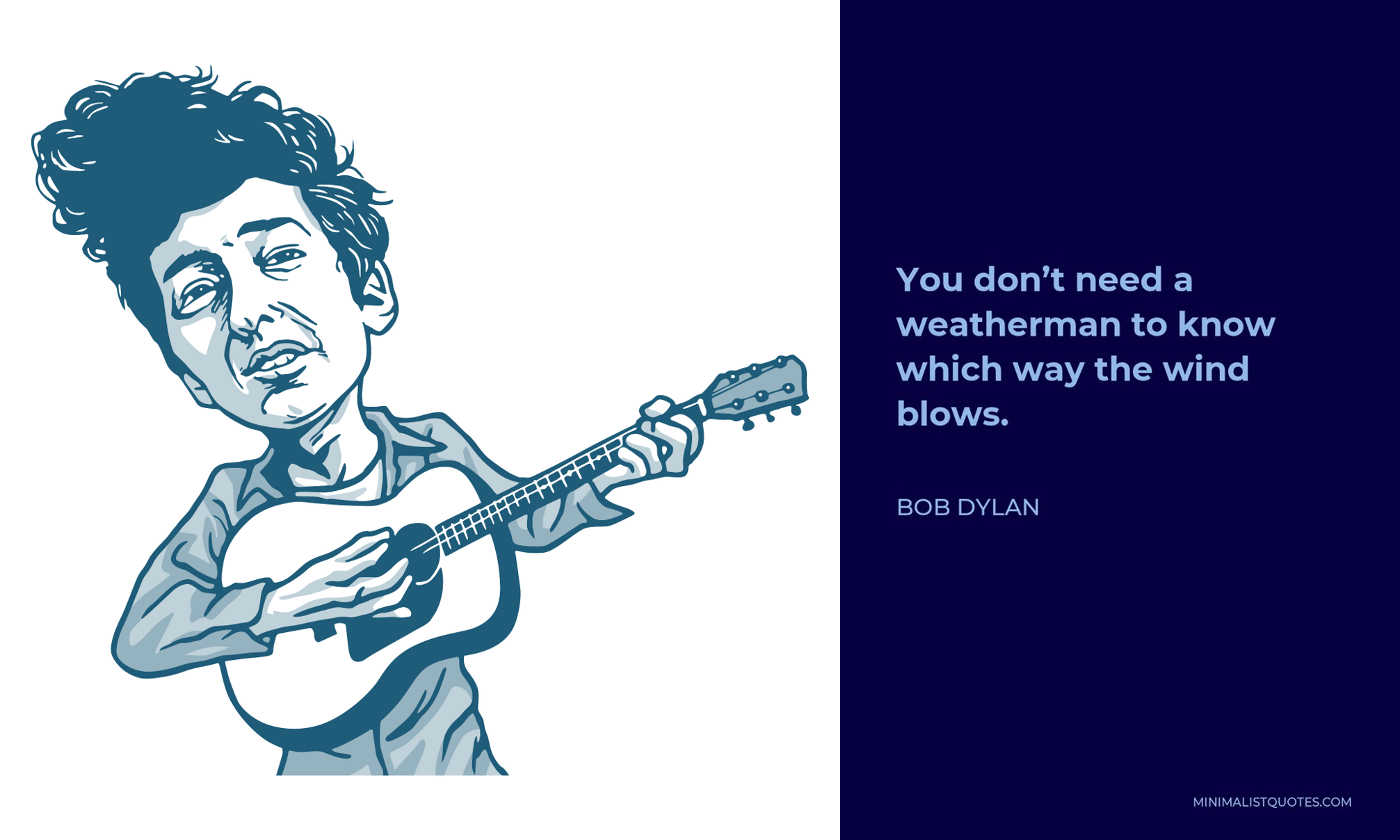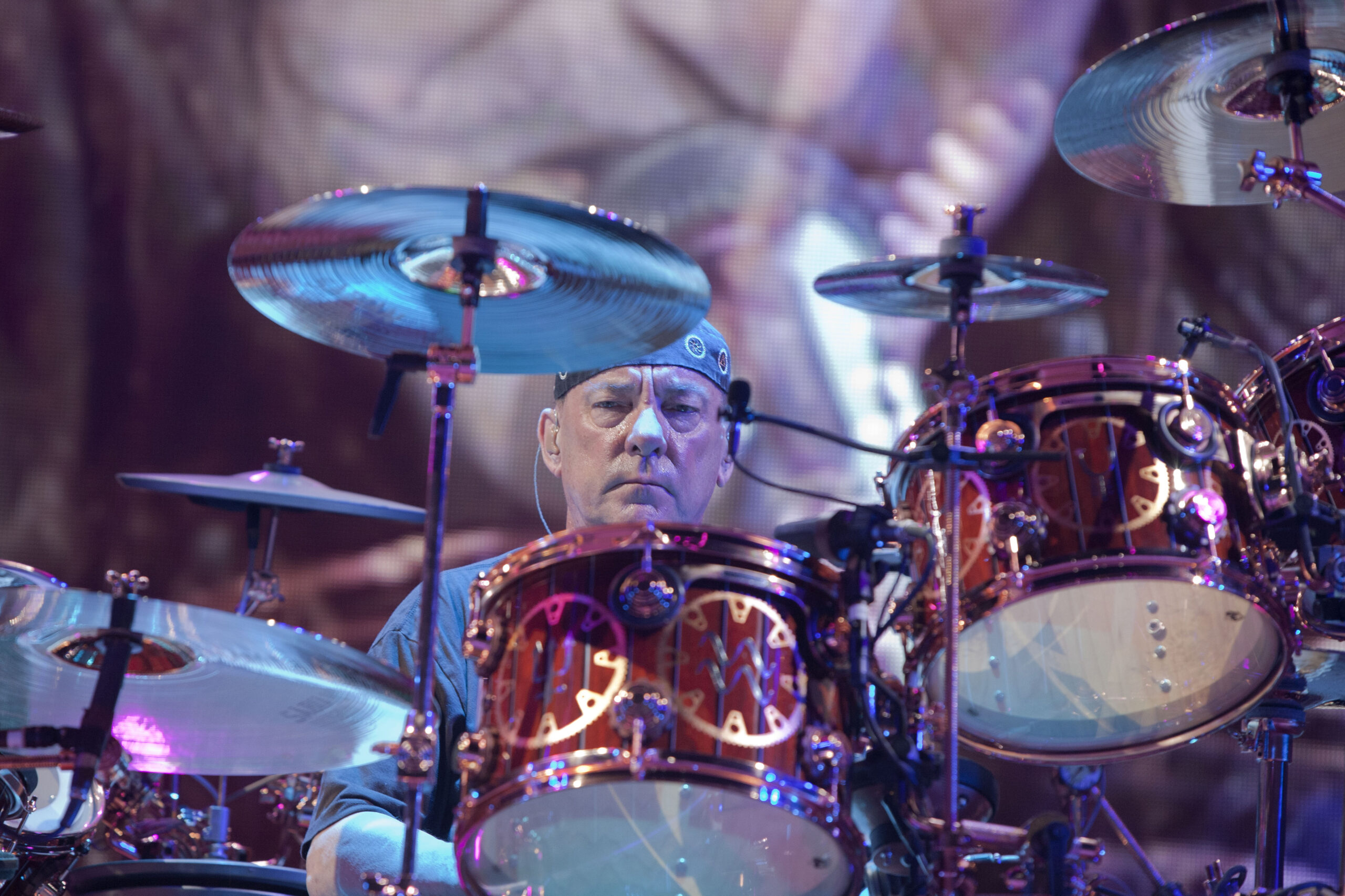
I bet I know what you’re thinking: another aging Boomer radio guy whining about why today’s music sucks. Or better put, here’s another blog from Fred claiming “today’s music ain’t got the same soul.” But that’s not what this post is about.
In fact, there’s an extensive new research study conducted by academics that makes the case that song lyrics have become more banal over the past half century.
A research abstract published recently in Scientific Reports is titled “Song lyrics have become simpler and more repetitive over the last five decades.” And unlike testing music in a typical callout or gold test setting, this research team from Austria and Germany did an incredibly thorough study.
Before presenting their own methodology, data, and conclusions, they cite numerous other studies that have concluded much the same thing. And they remind readers there was a time when song lyrics were a form of art in and of themselves. To wit, Bob Dylan won the Nobel Prize in literature in 2016 “for having created new poetic expressions within the great American song tradition.”
(My favorite Dylan lyric? “You don’t need a weatherman to know which way the wind blows” from the 1965 hit “Subterranean Homesick Blues.” They don’t write ’em like that anymore.
way the wind blows” from the 1965 hit “Subterranean Homesick Blues.” They don’t write ’em like that anymore.
(In the ’60s, the lyric was so powerful, it inspired the radical left group, “The Weathermen,” to adopt it as their name.)
Combing through 353,320 English language song lyrics scanning a five-decade period (1950-2020), the researchers meticulously analyzed the data on several criteria described in the abstract.
Their conclusion? Over the 50-year period in which they studied lyrics, the team say they have become “simpler over time,” based on “vocabulary richness, readability, complexity, and the number of related lines.”
Additionally, the researchers say song lyrics have become both more negative and more personal over time. From a consumer standpoint, interest in lyrics across genres is connected to the year of release. On the one hand, country music partisans favor lyrics from new songs, while rockers prefer lyrics from older songs. (No surprise here.)
But we don’t seem to know why this is happening. Song lyrics have taken on a different context and use cases over times. When this study began in 1970, song lyrics regularly appeared as a part of the album art and/or packaging. They were, in many ways, as important as the songs.

Bernie Taupin’s role as lyricist was as key to the success of Elton John as the melody and the artist’s voice. Same for Rush drummer Neil Peart, who primarily composed the lyrics while Geddy Lee mostly created the instrumentation and composition of the band’s songs.
In recent decades, the role of lyrics has changed. Karaoke bars and dedicated bar nights have become a prime form of music entertainment. And song lyrics – now available all over the Internet – clear up those mysteries of “What’d he say?” that often accompanied songs where the words were obscured.
In fact, the concept has become a popular radio bit as callers have to identify the correct lyrics from a well-known, but deliberately obscured song passage. One of the best sources our team has found is Keno’s Classic Rock ‘n Roll Web Site, clearly showing the misheard lyrics versus the correct ones.
Everyone who ever jocked at a music station has gotten calls from confused listeners trying to guess the name of a song from a botched lyric.
 Typical example: “There’s a bathroom on the right.”
Typical example: “There’s a bathroom on the right.”
The actual lyric: “There a bad moon on the rise,” the hook for CCR’s “Bad Moon Rising.”
And of course, Manfred Mann’s cover of the Springsteen song, “Blinded By The Light.” Listeners often hear “Wrapped up like a douche and then I roll her in the night” instead of the actual version written by Springsteen, “Revved up like a deuce, another runner in the night.”
In the future, Xperi may end up unknowingly putting an end to this radio bit. Their dashboard platform, DTS AutoStage, can instantly settle the arguments about exactly what lyrics are in a song.
A dashboard feature now lets drivers and passengers pull up the lyrics to whatever song is playing on the radio, opening up the door to new activities in the car: music trivia contests, Karaoke on the road (think James Corden’s TV benchmark), as well as instantly settling those bets over who actually said what.
You can see how the interface looks in the three-photo sequence for the Jelly Roll song, “Son Of A Sinner,” on WSIX Radio:

As the car transforms from a simple means of transportation to a full-blown entertainment center, rich features – thanks to metadata – makes it possible for radio to take on a richer, more foreground role in the car. Given the need for radio innovation and the car, visual info that enhances the experience – without being a distraction – is a positive.
And who knows? As consumers experience lyrics as a regular part of their listening experience, they might demand a more rich, complex, and substantive song connection than say:
Do wah diddy diddy dum diddy do
P.S. Taylor Swift’s next project, an album titled The Tortured Poets Department – the Anthology dropped over the weekend. And her lyrics matter. Look at the way they’re presented on this video for “So High School” (and others I’ve seen). It’s brilliant, and you have to wonder if she may singlehandedly elevate the quality of lyrics in American music over the next 50 years. – FJ
Special thanks to Mitch Baker.
- Will Radio Jump On TikTok’s “Silver Express?” - May 27, 2025
- Memorial Day 2025 – The Year Of Standing On Shaky Ground - May 23, 2025
- To Win In Radio, Make A Difference - May 22, 2025




Fewer people seem interested in reading or listening to words with more than 2 syllables or sentences of more than five words. Maybe if comprehension skills were in play…
Hmmm. I tried to comment, but my “comment has been flagged as SPAM.” WTH?
Back in the mid1960s popular music was made for teenage women. It was all about singing along with meaningful lyrics and dancing.
Ooh-ga chucka, ooh-ga chucka…….lyrics have always been silly.
Yeah, but that hook had feeling!
These ants are my friends, they’re blowin’ in the wind
“I fight with Dorothy and Dorothy always wins” – Listener to Lobster Breakfast morning show in the 90s who bet his GF that those were the lyrics to John Mellencamp’s “The Authority Song.” Yes, clueless and we did answer his question on -air.
Beyond car displays, I’m a bit surprised that more stations haven’t tried showing lyrics for songs within the Now Playing and/or Recently Played on their websites. And yes, many of Portugal’s main stations are among the ones that currently do.
I wonder if there is a correlation between the dumbing down of lyrics, and how music has transitioned from a foreground activity to a background activity.
Does anyone still read along with they lyrics, when included, and listen to what the artist is saying?
Paul, there may indded be. Intereestingly, I think Taylor Swift – in her own way – is tring to draw attention make to the messaaging power of music.